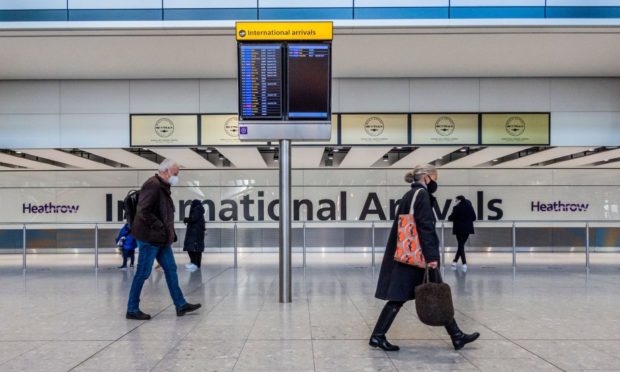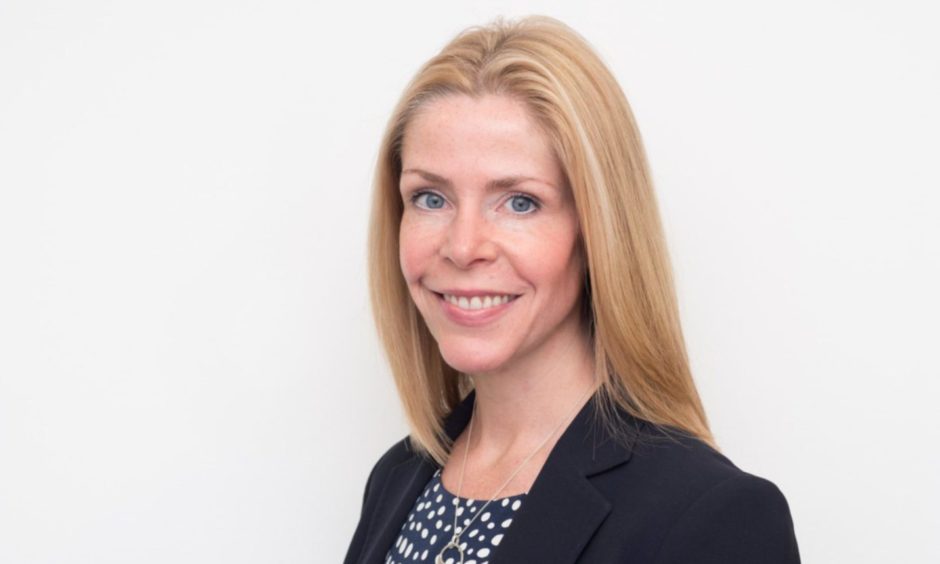Scotland’s new travel laws were introduced on Monday, meaning that anyone entering the country is expected to undertake a 10-day quarantine period in ‘managed isolation’.
The isolation periods take place in one of six Scottish hotels between Aberdeen, Glasgow and Edinburgh.
However, problems have arisen in recent days as England has more lenient travel restrictions compared to Scotland. Only people flying from 33 red-listed countries are expected to go into managed isolation south of the border.
Anyone who flies into Scotland from a common travel area is not expected to isolate.
These loopholes were exploited, albeit unintentionally, on Monday when Chun Wong, and his daughter, Kiernan, flew from America to Edinburgh, via Dublin.
Their short stop in Dublin means that they are not expected to go into managed isolation in the UK, rather self-isolation at home.
Professor of public health at Edinburgh University Linda Bauld spoke on Tuesday morning about the loopholes within the new restrictions, conceding that “we are identifying issues”.
‘That doesn’t make sense to me’
She said: “There’s exceptions for those that come from within the common travel area. That means if somebody is coming via Ireland at the moment, that is the common travel area and those people are not required to quarantine.
“Like any new system, we are identifying issues. Clearly anybody will realise that it doesn’t make sense that the fact that they stopped for a few hours in Dublin means that the rules don’t apply,” added Professor Bauld.
“That doesn’t make sense to me from a public health perspective”.
Border controls
The restrictions, which are far stricter than England’s, have sparked a debate about border controls with Scottish Health Secretary Jeane Freeman saying that they need to be given “serious thought”.
Professor Bauld insisted that Scotland is going ahead with the right approach, though, comparing the new restrictions with similar ones imposed on other countries.
“If you’re going to apply it (managed isolation), you’re going to have to apply it universally for all countries. That’s what Taiwan does from people coming into Taiwan; Vietnam, New Zealand and Australia do the same.
“It has to be a universal policy. The countries that have done this well have applied it comprehensively. It needs to be a consistent policy that applies to everybody.

